Incluvie Foundation Gala - Learn More
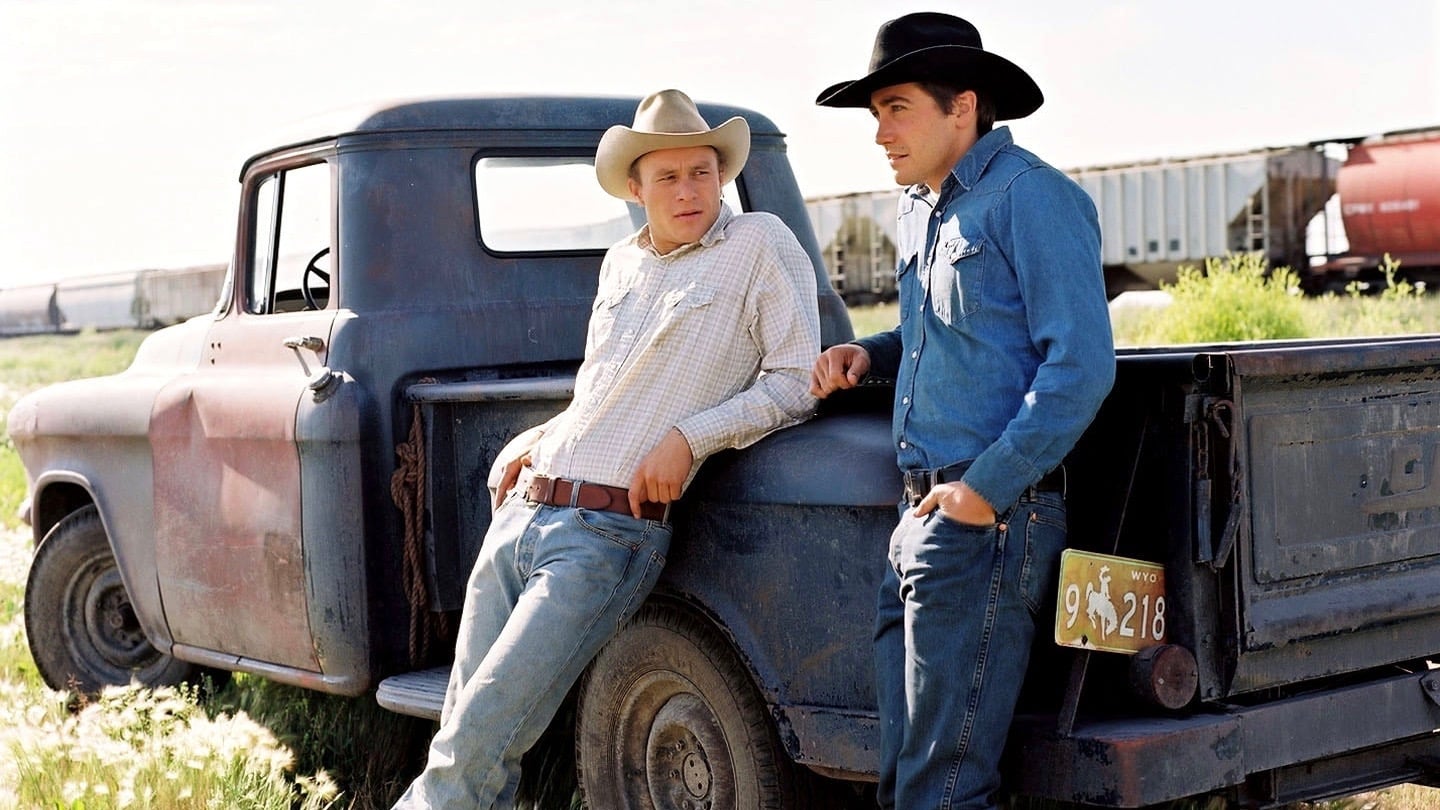

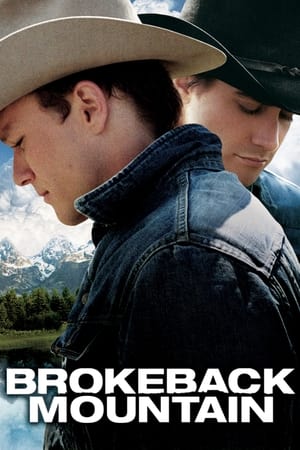
Brokeback Mountain (2006)


Incluvie Related Articles
Don’t Let the Box Office Failure Deter You, 'Bros' is A Classic Rom-Com
November 1, 2022That’s what Bobby Lieber (Billy Eichner) tells Aaron (Luke Macfarlane) on their first date in Bros. Dear Evan Hansen and I specifically refer to the musical show and not the movie, which was a major cultural phenomenon a few years back. Maybe the gag won’t live to feel timeless in even as short a period as five years, but it’s the perfect sales pitch for the movie if you want someone to believe in its potential as a rom-com. A very recognizable trait of a romcom is to introduce a romance between two seemingly incompatible people who weren’t even looking to fall in love with anyone, let alone each other. Think of 10 Things I Hate About You and how apparently incompatible the leads played by Heath Ledger and Julia Stiles were. The incompatibility I’m referring to doesn’t arise from them being polar opposites as people and is a result of them being too similar in their emotional unavailability. If you have seen Dear Evan Hansen or heard its songs, you will know Evan Hansen was emotionally unavailable and sealed off from the human world due to his mental illness and his abandonment issues from his dad leaving as a kid. And well, Boy Scouts aren’t exactly known for their emotional vulnerability. So if you are a hopeless romantic like me, I guess you’ll be dying to find out how their dynamic develops into a full-blown romantic relationship. And that should be reason enough to go watch Bros.
In some ways, Billy Eichner plays himself in the film. And if you aren’t a fan of him, watching Bros could get tedious. Except for the character development which, though somewhat rushed, is believable. Rushed character development is anyway a staple of romcoms. An example that comes to mind is (500) Days of Summer. Joseph Gordon-Levitt’s Tom confronts his commitment issues and problems with the way he approaches romance only towards the very end of the film. Bobby Lieber from Bros, much like Tom from (500) Days of Summer, is cynical about love. The difference is that Bobby is seemingly comfortable with being single. Bros opens with the filming of a podcast episode hosted by Bobby. In the episode, he mentions the “romantic single life”, something I believe a lot of us single people like to believe in. It’s not a cynical look at romance, but a poetic perspective for being single, with solo walks around the city and a healthy amount of alone time whenever you aren’t being overworked at your job. But Bobby’s vision, of course, has cynicism in it, because not a little later he goes on to retort to a friend about not being in a relationship by saying “who’s so happy all the time?” As far as a rom-com protagonist goes, this is someone we want to root for because it’s clear he wants love but avoids it. You want him to eat his words through the run time of the film and fall for the other handsome lead.
Opposite Bobby is Aaron. He’s the ex-hockey player who does CrossFit and looks too handsome for his age. Luke Macfarlane is a Hallmark movie staple and it’s fun to watch him star in a big studio production of the kind of films that make up a major portion of his filmography. In Bros, his character Aaron is someone incapable of commitment not because he’s cynical like Bobby, but because he’s shy. When Bobby invites him up after their first informal date, yes it’s informal because they both make a point of the fact that it is indeed not a date since neither is in a place to be dating, Aaron says “If I go upstairs, it becomes like a whole thing.” And yet, he invites Bobby over to a couple’s place. He is supposed to be having group sex with the couple and wants Bobby to join them. So it’s not the having sex part that gives him the jitters, it’s the having sex with Bobby alone part. Commitment issues are relatable and I had a lot of fun watching these two characters constantly verbally confirming that they’re not dating while giving each other signals of wanting to be together in a relationship. And it makes for compelling romantic drama too, because you’re rooting for them to get together and what’s a rom-com without a romance you wish would flourish against all odds?
Visi-Bi-lity: It's Improving!
September 5, 2022Before I start, I feel the need to clarify that by bisexual, I’m talking about sexuality directed towards members of more than one gender identities. I’ll admit that the clarification will seem pointless since the films I’m about to mention barely involve characters who aren’t either male or female. However, that is due to the lack of gender-queer representation in media and not how I personally perceive bisexuality.
Now, bi-erasure, for those who might not know, simply identifies the often common phenomenon of bisexuality not being acknowledged. This can be in cinema, music, art, novels, or even in real life. This has happened to every community that falls under the umbrella term 'queer', you might be thinking. However, bisexuality has a more prominent history of being subjected to this. Bisexual coming-out scenes are extremely scarce, and most bisexual stories acknowledge only homosexual tendencies or otherwise just portray bisexuality as a phase or an experimental experience. It sometimes manifests from the urge to steer narratives away from heteronormativity. In an attempt to portray heteronormativity negatively, homosexual experiences are highlighted to the point where bisexuality doesn’t get acknowledged. So is it really queer-positive if it comes at the cost of bi-erasure?
A very common form of bi-erasure is when a character who’s only had heterosexual experiences, starts experiencing homosexual tendencies and is then shown to realize that they were homosexual all along and pretended to be heterosexual. This is bi-erasure because quite often, the character might just be bisexual, and by saying they finally realized they’re gay, the narrative is essentially erasing the possibility of the character being bi. If only a few stories were of this kind, it wouldn’t be an issue, but this is extremely rampant (Brokeback Mountain, Call Me By Your Name, and Teorema to name a few, are all considered to be gay films).
One of the most classic examples of bi-erasure from Hollywood in the 21
Century is Jennifer’s Body. Starring Megan Fox as the titular Jennifer, the film was marketed as an overly sexual horror film that specifically caters to the male gaze of heterosexual adolescents. However, its cinematography is abundant in the female gaze, which usually includes focusing on hands, lips, and eyes, sensuously but emotionally perceiving the characters on screen. The male gaze, on the other hand, tends to focus on the body itself, with a certain lust in its framing of female characters specifically. Plus, Jennifer Check actually says the words “I go both ways” in reference to her sexual preference. Still, being perceived as a heterosexual narrative is blatant bi-erasure. However, I have good news for you. The film is being re-evaluated and reclaimed as an important work in queer horror.
Pictures and Videos

Movie Information
In 1960s Wyoming, two men develop a strong emotional and sexual relationship that endures as a lifelong connection complicating their lives as they get married and start families of their own.
Cast

Ang Lee
Director

Ang Lee
Director
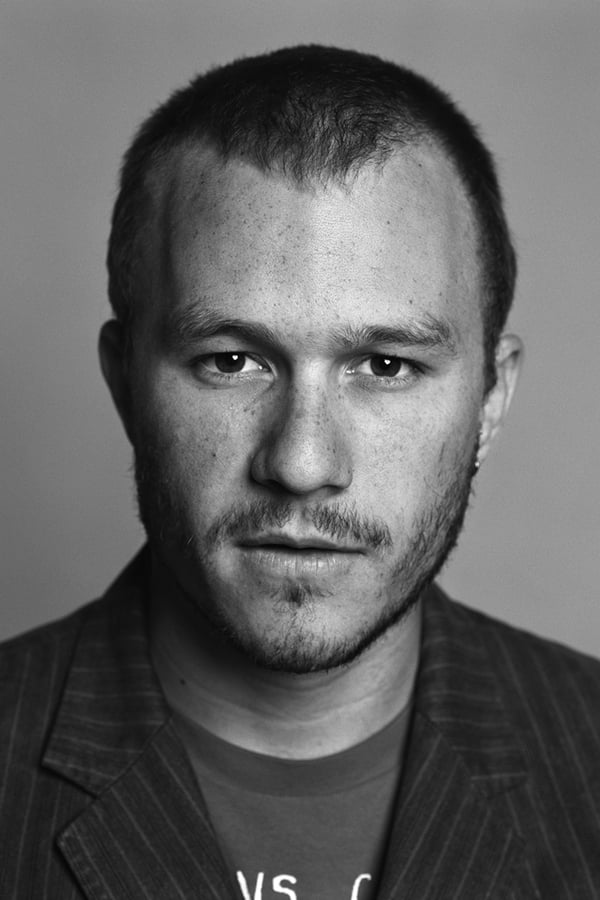
Heath Ledger
Ennis Del Mar
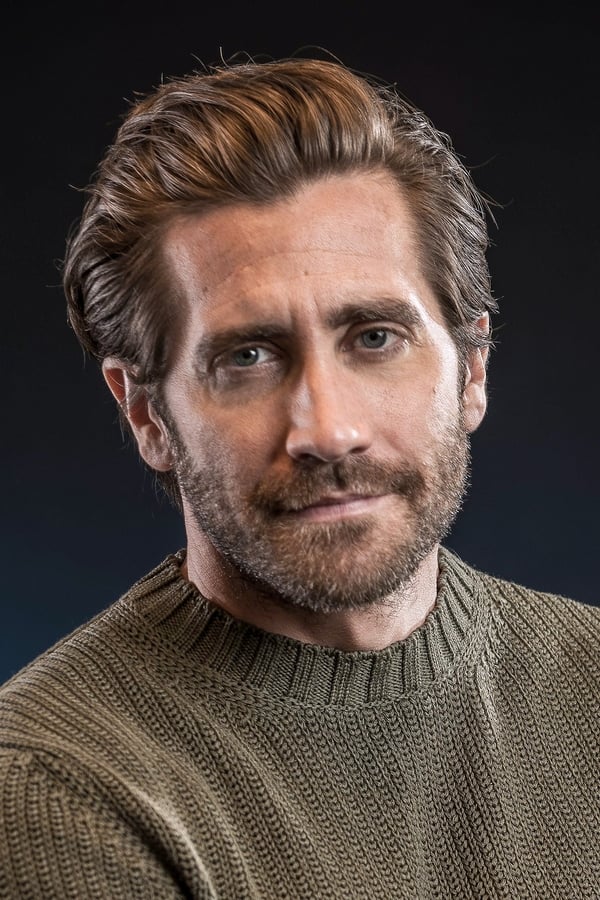
Jake Gyllenhaal
Jack Twist
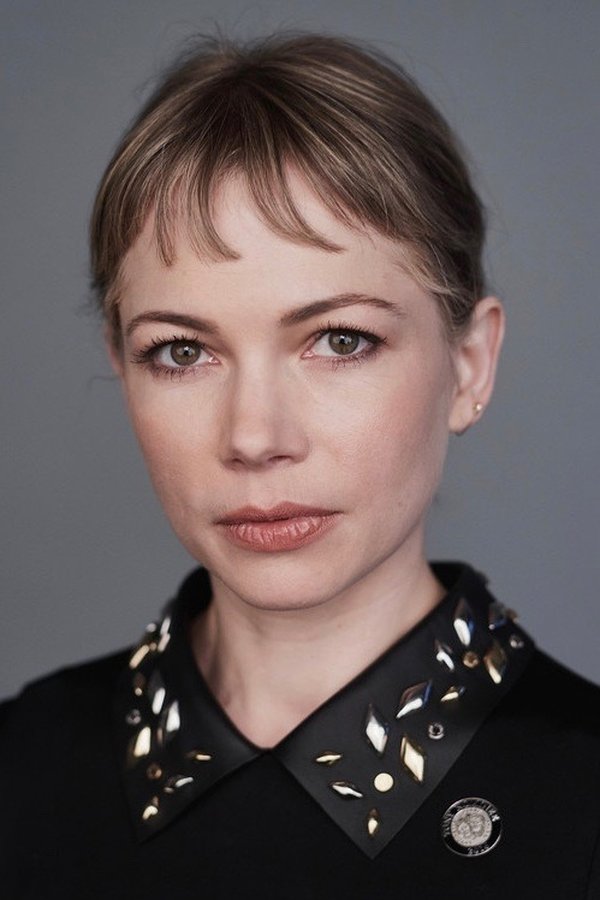
Michelle Williams
Alma Beers
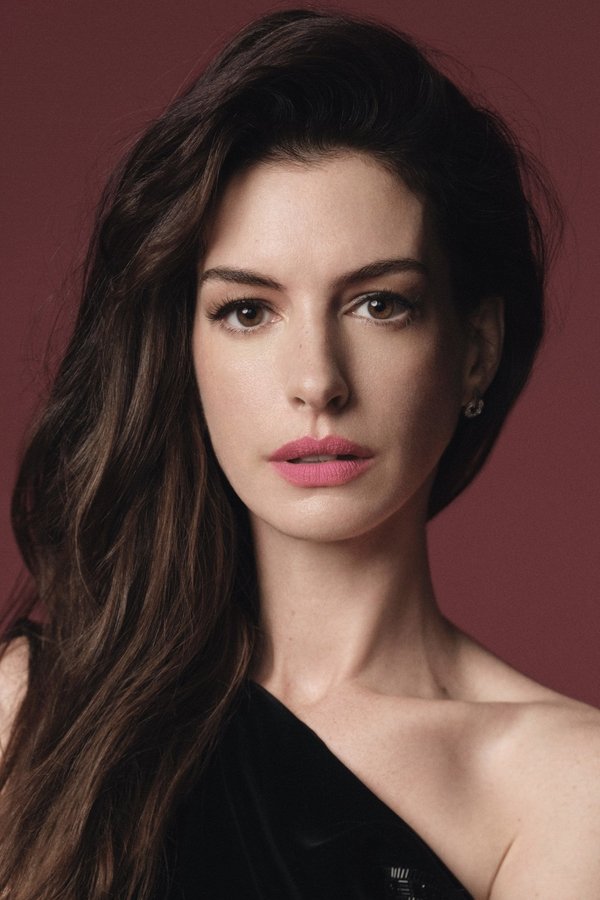
Anne Hathaway
Lureen Newsome

Randy Quaid
Joe Aguirre

Linda Cardellini
Cassie Cartwright
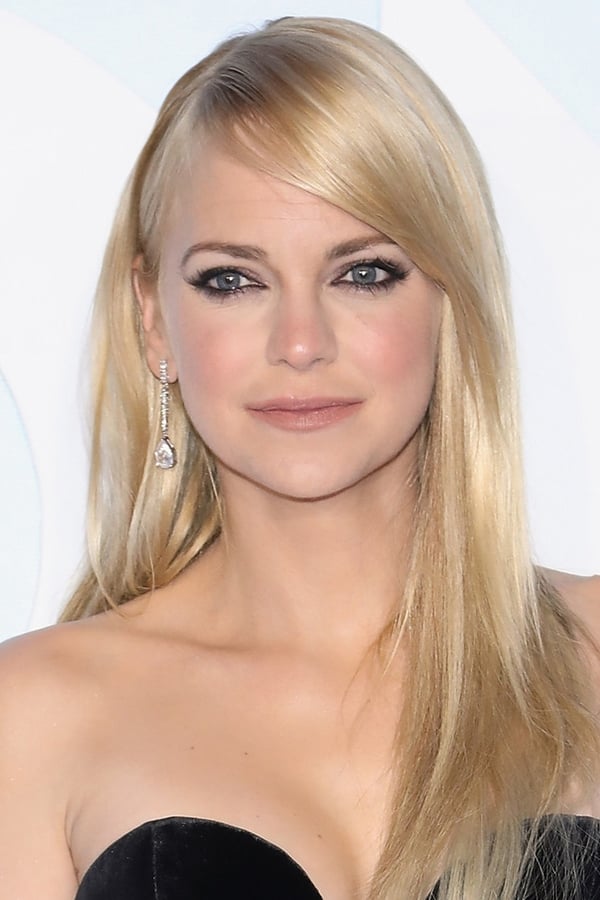
Anna Faris
Lashawn Malone
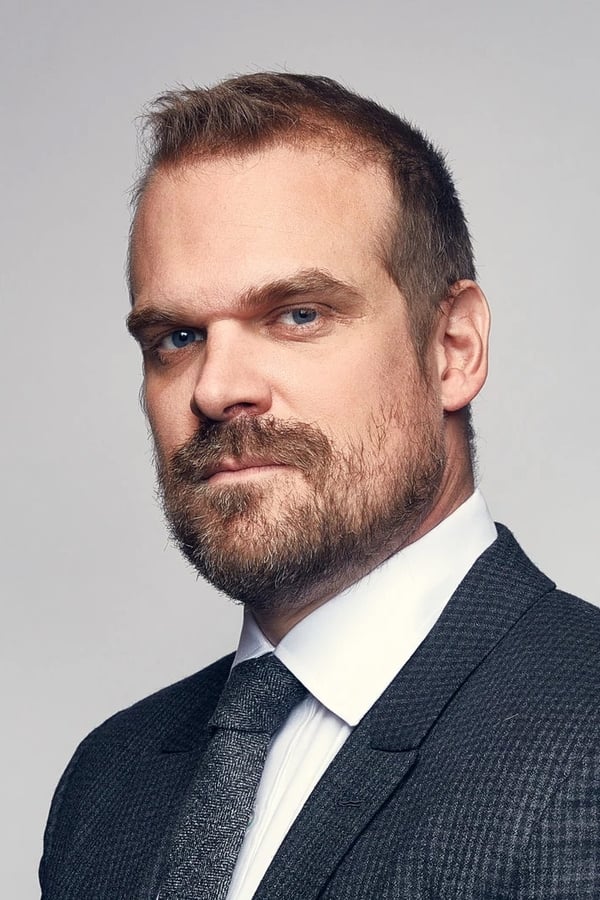
David Harbour
Randall Malone
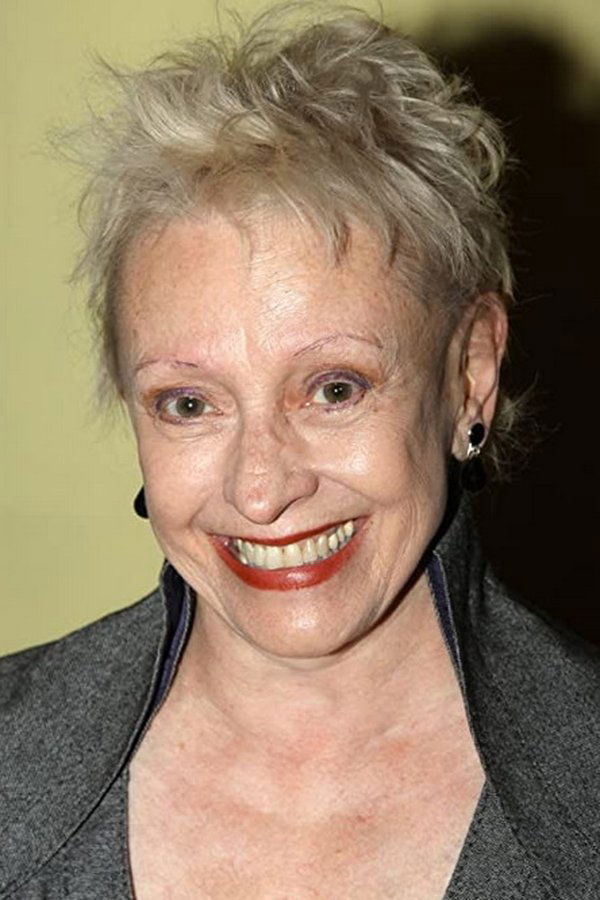
Roberta Maxwell
Jack's Mother

Kate Mara
Alma Del Mar Jr. (age 19)

Peter McRobbie
John Twist



